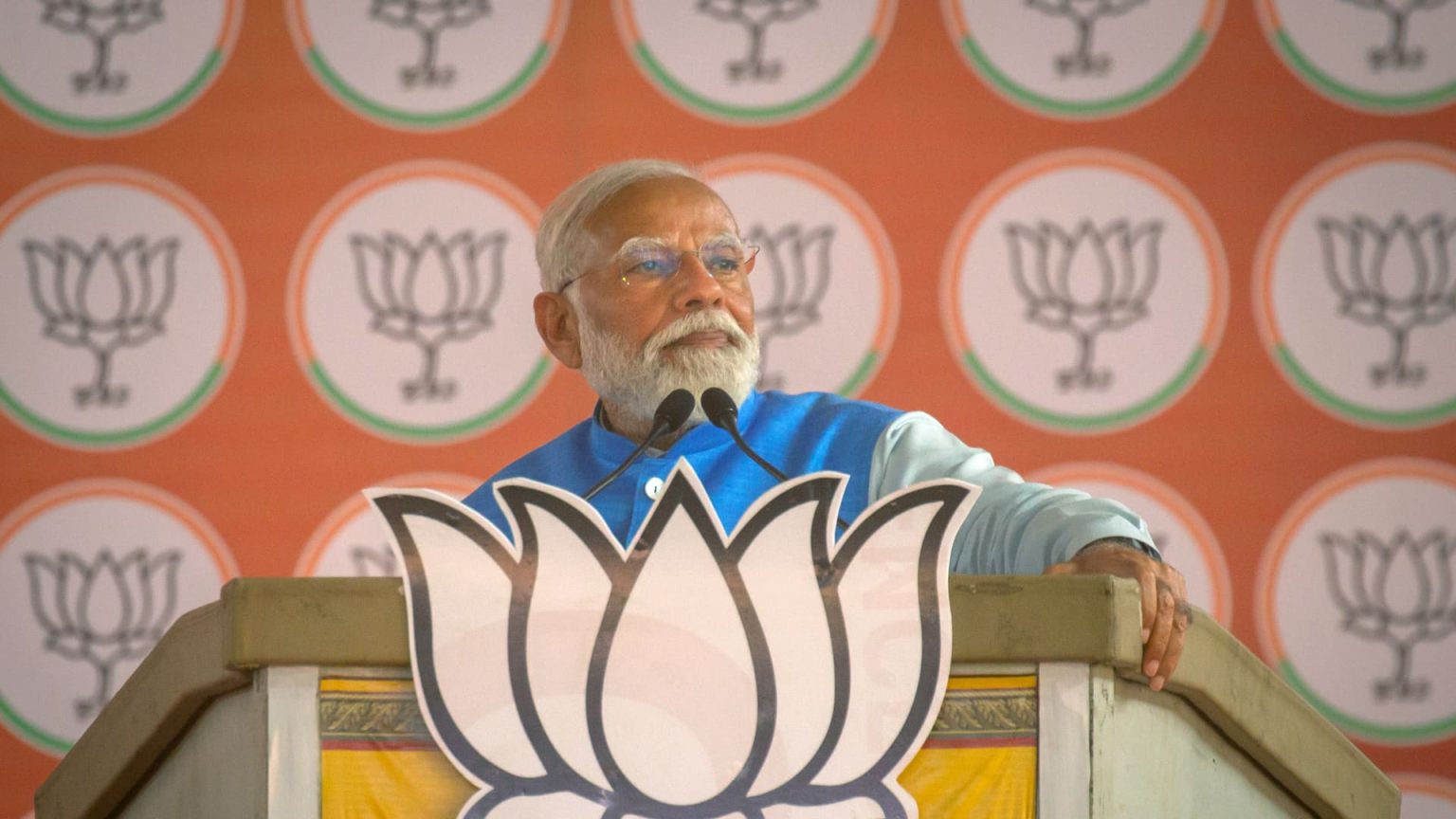Polling stations opened in Tamil Nadu as the first phase of India’s national election process began. More than 62.2 million voters will choose among 950 contestants in Tamil Nadu, where regional parties have traditionally dominated politics based on ethno-nationalist ideologies. The Dravida Munnetra Kazhagam (DMK) recently won state elections, signaling a potential shift from the dominance of regional parties like the AIADMK. However, the Bharatiya Janata Party (BJP) led by Prime Minister Narendra Modi is expected to make significant gains in Tamil Nadu, despite historically struggling to build a voter base in the state. The BJP aims to challenge the dominance of regional parties in Tamil Nadu by leveraging Modi’s popularity and filling a leadership vacuum left by the demise of prominent local leaders like J. Jayalalithaa and M. Karunanidhi.
Experts and analysts have predicted that the BJP will see a notable increase in its vote share in Tamil Nadu, though this may not necessarily translate into parliamentary seats. The party, which won just 3.66% of the votes cast in Tamil Nadu in the 2019 general elections, is expected to secure a more substantial vote share this time around. Despite this expected growth, the BJP may only win one or two constituencies in the state, which is unlikely to position it as a major challenger to the local parties in the upcoming elections. The BJP remains optimistic about its prospects, claiming that it will not only increase its vote share but also secure a significant number of seats in Tamil Nadu. However, opposition parties like the DMK have dismissed these claims as unlikely, citing the party’s limited influence in the region.
The BJP’s Hindu nationalist politics historically have not resonated as strongly in southern states like Tamil Nadu compared to other parts of India. However, the BJP has adapted its campaign strategy in the south, focusing more on development and India’s image on the global stage rather than emotive religious issues. The party has also sought to address concerns of “Hindi imposition” and emphasize its commitment to Tamil culture and language. Despite its efforts, the BJP has yet to win a Lok Sabha seat from Tamil Nadu, reflecting the challenging political landscape the party faces in the state. In contrast to the North, where religious issues have been more politically charged, southern states like Tamil Nadu have shown a preference for development-oriented campaigns over religious appeals.
The BJP’s southern pivot extends beyond Tamil Nadu to other states like Karnataka, where the party has built a strong voter base. However, political dynamics vary across southern states, and each state presents unique challenges and opportunities for the BJP. While the party aims to expand its presence in Tamil Nadu, it remains to be seen how successful these efforts will be in the upcoming elections. As the national election process unfolds, the BJP’s performance in Tamil Nadu will provide insights into the party’s ability to make inroads into traditionally strong regional strongholds and expand its electoral footprint in southern India.


